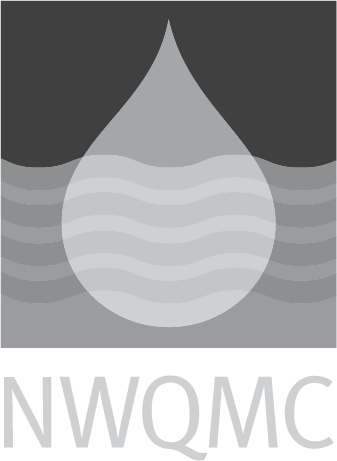EPA-NERL: 351.1: TKN by Automated Colorimetry
|
Official Method Name
|
Nitrogen, Kjeldahl Total (Colorimetric, Automated Phenate) |
|---|---|
|
Current Revision
| Issued 1971; Editorial Revision 1974 and 1978 |
|
Media
|
WATER |
|
Instrumentation
|
Spectroscopy (Colorimetry; Photometry) |
|
Method Subcategory
|
Inorganic |
|
Method Source
|
|
|
Citation
|
|
|
Brief Method Summary
|
This is an automated method. A sample is automatically digested with a sulfuric acid solution containing potassium sulfate and mercuric sulate as a catalyst to convert organic nitrogen to ammonium sulfate. The solution is then automatically neutralized with sodium hydroxide solution and treated with alkaline phenol and sodium hypochlorite solutions. The blue colored dye (indophenol) formed from reaction with ammonium is intensified by the addition of sodium nitroprusside. The absorbance is measured at 630 nm and is proportional to the total Kjeldahl nitrogen concentration. |
|
Scope and Application
|
The procedure determines Kjeldahl nitrogen in surface and saline waters. Approximately 20 samples per hour can be analyzed. |
|
Applicable Concentration Range
|
0.05 to 2.0 mg-N/L |
|
Interferences
|
Iron and Chromium: Iron and chromium ions tend to catalyze, and copper ions tend to inhibit, the indophenol color reaction. |
|
Quality Control Requirements
|
None. |
|
Sample Handling
|
Samples may be preserved with 2 mL of concentrated sulfuric acid per liter of sample and refrigeration at 4oC. However, preservation may not inhibit the the conversion of organic nitrogen to ammonia. Therefore, analyze samples as soon as possible. |
|
Maximum Holding Time
|
28 days (MCAWW, Table 1). |
|
Relative Cost
|
Less than $50 |
|
Sample Preparation Methods
|




